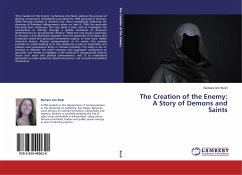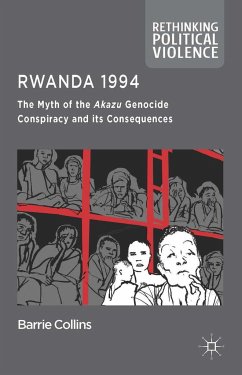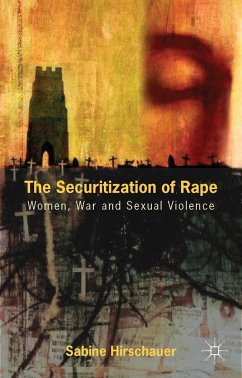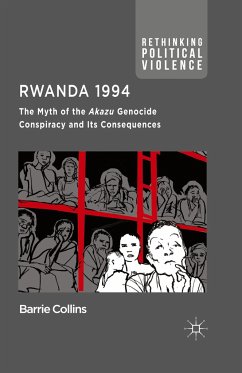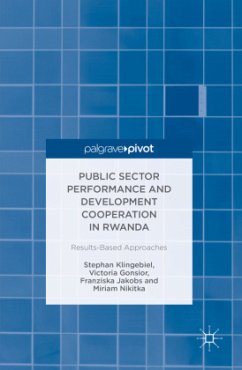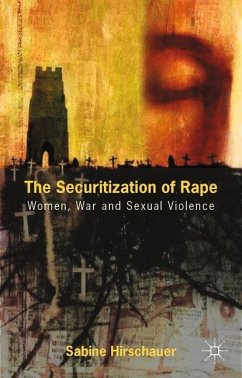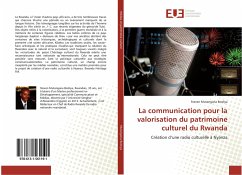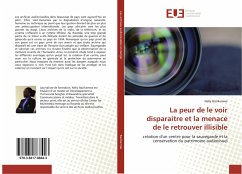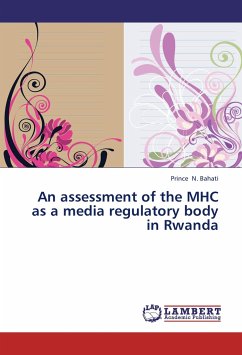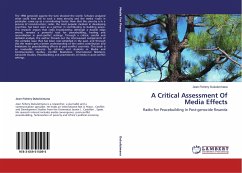
A Critical Assessment Of Media Effects
Radio For Peacebuilding In Post-genocide Rwanda
Versandkostenfrei!
Versandfertig in 6-10 Tagen
47,99 €
inkl. MwSt.

PAYBACK Punkte
24 °P sammeln!
The 1994 genocide against the tutsi shocked the world. Scholars analyzed what could have led to such a mass atrocity and the media -radio in particular- came up as a contributing factor. Now that the country is in a process of reconstruction; radio, the most popular medium in developing countries, has been seen as a partner in contributing to building peace. This research argues that radio broadcasting; although a double edge sword; remains a powerful tool for peacebuilding, healing and reconciliation in post-conflict settings. Through a critical, careful and detailed analysis, the author thre...
The 1994 genocide against the tutsi shocked the world. Scholars analyzed what could have led to such a mass atrocity and the media -radio in particular- came up as a contributing factor. Now that the country is in a process of reconstruction; radio, the most popular medium in developing countries, has been seen as a partner in contributing to building peace. This research argues that radio broadcasting; although a double edge sword; remains a powerful tool for peacebuilding, healing and reconciliation in post-conflict settings. Through a critical, careful and detailed analysis, the author threads out the interweaved components of this complex issue that has been over-simplified in the past, and through this the reader gets a better understanding of the radio's contribution and limitations to peacebuilding efforts in post-conflict countries. This book is an invaluable resource for scholars and students in Media and Communication studies, Conflict Resolution, International Relations, Genocide Studies, Peacebuilding and practitioners of media in post-conflict settings.



